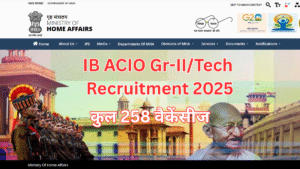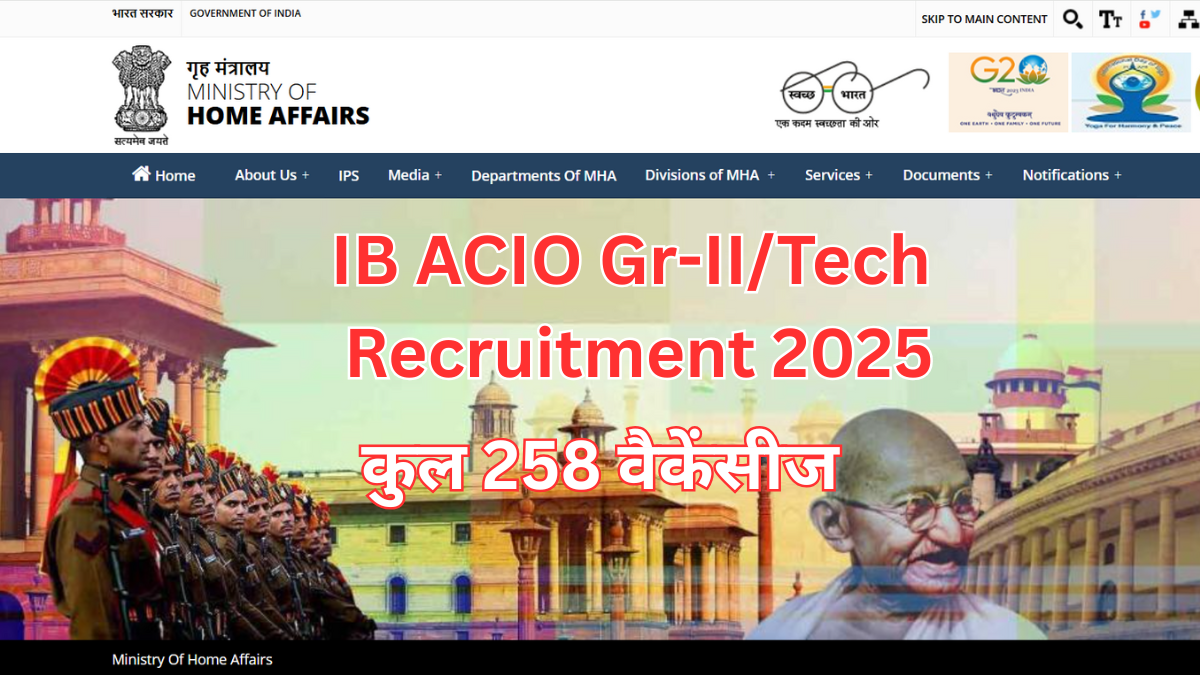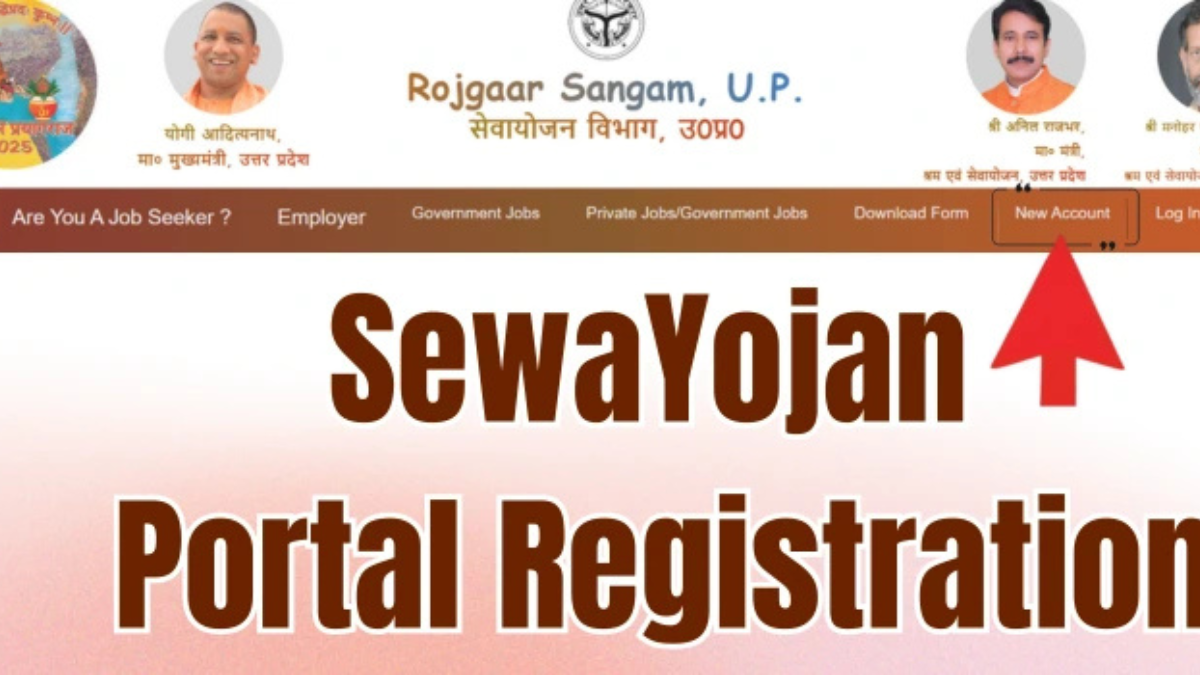Pakistan Cites Right : Pakistan’s recent announcement to suspend all bilateral agreements with India, including the landmark 1972 Simla Agreement, marks a significant escalation in the already tense

relations between the two countries. This decision follows a series of retaliatory moves amid heightened
hostilities, including India’s suspension of the Indus Water Treaty and downgrading of diplomatic ties
after the Pahalgam terror attack. Understanding the context, significance, and implications of suspending
the Simla Agreement requires a detailed look at the history and provisions of the treaty, as well as the
current geopolitical dynamics.
Background of the Simla Agreement
The Simla Agreement was signed on July 2, 1972, between Indian Prime Minister Indira Gandhi and
Pakistani President Zulfikar Ali Bhutto, following the Indo-Pakistani War of 1971 which resulted in the
creation of Bangladesh. The treaty aimed to establish a framework for peaceful coexistence and
normalization of relations after a brutal conflict. It emphasized resolving disputes bilaterally without third-
party intervention, respect for territorial integrity, and non-use of force. A key provision was the
formalization of the ceasefire line in Jammu and Kashmir as the Line of Control (LoC), with both countries
agreeing not to alter it unilaterally156.
Why Pakistan Has Suspended the Agreement
Pakistan’s decision to suspend the Simla Agreement is a reaction to multiple developments, chiefly India’s
recent moves perceived as violations of the treaty’s spirit and terms. India’s unilateral revocation of
Article 370 in 2019, which changed the status of Jammu and Kashmir, is cited by Pakistan as a breach of
the Simla Agreement’s commitment to resolve Kashmir-related issues bilaterally and peacefully.
Furthermore, India’s suspension of the Indus Water Treaty and downgrading of diplomatic relations after
the Pahalgam attack have contributed to Pakistan’s decision to hold all bilateral pacts in abeyance,
signaling deep frustration and a breakdown in trust246.
Key Provisions of the Simla Agreement and Their Impact
The Simla Agreement laid down several guiding principles intended to govern India-Pakistan relations:
- Bilateralism: Both countries committed to resolving disputes through peaceful bilateral negotiations without involving third parties.
- Respect for Sovereignty: The treaty emphasized mutual respect for each other’s territorial integrity and political independence.
- Non-Use of Force: Both parties agreed to refrain from using or threatening force against each other.
- Normalization of Relations: The agreement envisaged steps to restore communication, trade, and travel links, and promote cultural and economic cooperation.
- Line of Control: The ceasefire line was converted into the LoC, which both sides agreed to respect without unilateral changes5.
By suspending the agreement, Pakistan is effectively rejecting this framework, which has long served as the primary mechanism for managing conflict and communication, especially regarding Kashmir.
Immediate Consequences of Suspension
Pakistan’s suspension has led to concrete actions such as closing the Wagah border crossing, halting
trade, suspending airspace access for Indian airlines, and revoking visas issued to Indian nationals under
the SAARC visa exemption scheme. These measures underscore a significant deterioration in bilateral ties
and complicate any prospects for dialogue or conflict resolution in the near term235.
Broader Geopolitical Implications
The suspension of the Simla Agreement signals a hardening of Pakistan’s stance and reflects the
deepening mistrust between the two nuclear-armed neighbors. It also raises concerns about the potential
for escalation, as the treaty had been a cornerstone for maintaining relative stability post-1971 war. The
move could undermine existing ceasefire agreements along the LoC and complicate efforts by
international actors to mediate or encourage peace talks.
Moreover, Pakistan’s warning that any attempt by India to divert water under the Indus Water Treaty will be considered an act of war further heightens tensions, indicating that water security is now a critical flashpoint in bilateral relations2.
Historical Context and Future Outlook
Since partition in 1947, India and Pakistan have had a fraught relationship marked by wars, ceasefires, and
fragile peace agreements. The Simla Agreement was a landmark attempt to break this cycle by
committing both sides to peaceful dispute resolution. However, repeated crises, including the Kashmir
conflict, terrorist attacks, and political decisions like the revocation of Article 370, have strained this
framework.
Pakistan’s suspension of the Simla Agreement reflects a broader pattern of bilateral agreements being
brokered and broken over time, as each side accuses the other of violations and bad faith4. While this
move represents a setback, it also underscores the urgent need for renewed dialogue and confidence-
building measures to prevent further deterioration.
Conclusion
Pakistan Cites Right : Pakistan’s citing of the right to suspend all bilateral pacts, including the Simla Agreement, is a significant
development in South Asian geopolitics. It reflects deep-rooted grievances over Kashmir and recent
escalations, signaling a breakdown in the established mechanisms for managing India-Pakistan relations.
The suspension not only disrupts diplomatic and trade ties but also raises the stakes for peace and
stability in the region. Moving forward, without meaningful engagement and respect for agreed
frameworks, the cycle of conflict risks intensifying, with serious implications for both countries and the
broader region













